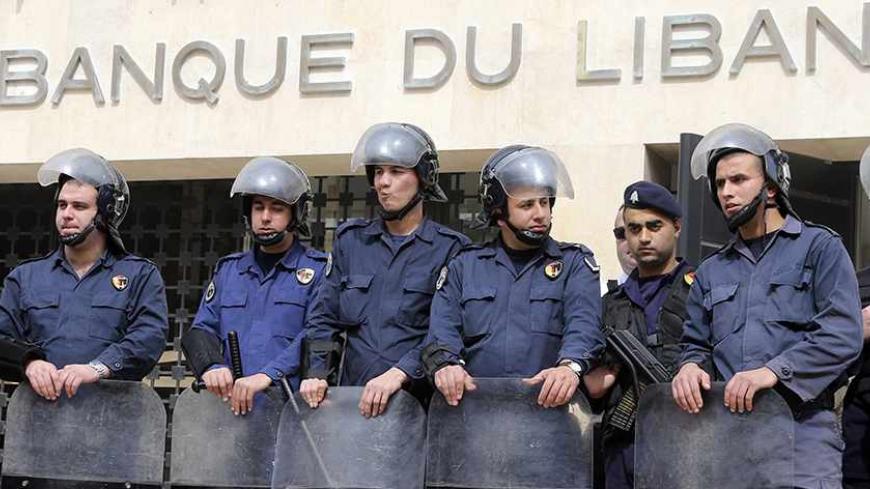It is not an overstatement that Lebanon's banking sector forms the backbone of the country’s economy. Banking activity contributed, from the 1950s to the 1970s to its economic prosperity. Even during the darkest hours of the civil war that tore the country apart and hindered its economic development, funds continued to flow into Lebanese banks that benefited from a policy of banking secrecy, which embodied its free economy and gave it an important advantage over others.
In the post-war years, the sector played a pivotal role in the reconstruction process, despite the great difficulties, errors that were committed and opportunities that were lost. Lebanese banks took it upon themselves, as a result of an unspoken understanding between them and the Rafik Hariri-led cabinet at the time, to finance government projects by subscribing in treasury bonds pursuant to a central bank monetary policy predicated on maintaining the stability of the Lebanese pound’s exchange rate.



